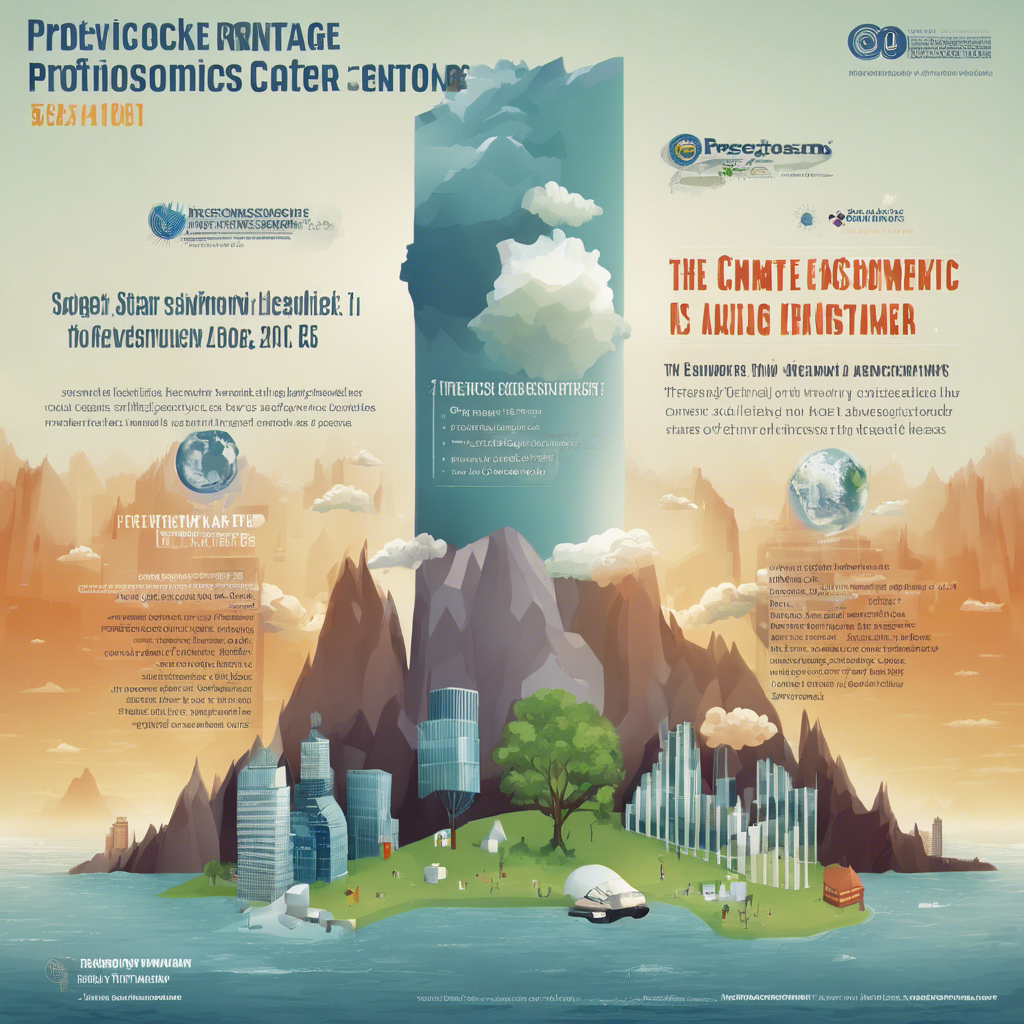Climate Takes Center Stage at Prestigious Economics Conference

Researchers and Economists Unite to Address Climate Crisis
The annual economics conference, known for showcasing the field’s prevailing interests, has shifted its focus to the pressing issue of climate change. Against the backdrop of the hottest year on record, the conference has become a platform for economists, researchers, and experts to explore the multifaceted impacts of climate change on various aspects of society. From renewable energy to housing choices, from the economic consequences of extreme weather events to the role of banks in emissions regulations, the conference highlights the urgency of addressing climate change from an economic perspective.
The Local Economic Impact of Renewable Energy
One of the key topics discussed at the conference was the local economic impact of wind turbine manufacturing. As renewable energy sources gain prominence, understanding the economic benefits and drawbacks of this industry becomes crucial. Researchers presented findings on job creation, investment opportunities, and the overall economic growth associated with wind turbine manufacturing.
Stability of Electricity Grids and Renewable Energy Integration
As the world transitions towards a greener energy mix, ensuring the stability of electricity grids becomes paramount. Papers presented at the conference delved into the challenges and solutions for integrating more renewable energy into existing grids. Researchers explored the impact on grid reliability, the need for storage technologies, and the potential for grid modernization to accommodate the growing share of renewable energy sources.
Electric Vehicles and Their Effect on Housing Choices
The rise of electric vehicles (EVs) brings about a new set of considerations for urban planning and housing choices. Researchers examined the relationship between EV adoption and housing preferences, exploring how the availability of EV charging infrastructure influences residential decisions. The findings shed light on the potential for EVs to shape urban landscapes and the associated economic implications.
Wildfire Smoke and Household Finances
The devastating impact of wildfires extends beyond immediate destruction. Researchers at the conference analyzed the economic strain placed on households affected by wildfire smoke. The study examined the long-term financial consequences, including increased healthcare costs, reduced productivity, and the burden on local economies. Understanding the economic ramifications of wildfires is crucial for developing effective policies and support systems.
Investing in Climate: Environmental, Social, and Governance (ESG)
The prominence of environmental, social, and governance investing was evident at the conference. With half of the papers submitted to the American Finance Association focusing on ESG investing, it is clear that the financial sector recognizes the importance of incorporating sustainability factors into investment decisions. The conference provided a platform to discuss the potential impact of ESG investing on companies, markets, and the broader economy.
Shifting to Renewable Energy and Alleviating Air Pollution
Michael Greenstone, an environmental economist, delivered the conference’s keynote lecture, highlighting the global challenge of transitioning to renewable energy sources. Greenstone emphasized the potential for renewable energy to alleviate air pollution, particularly in developing countries like India and Indonesia. By addressing the intertwined issues of climate change and air pollution, the lecture underscored the need for collaborative efforts across disciplines to tackle these pressing global problems.
Conclusion: The economics conference’s shift towards climate-related topics reflects the growing recognition that climate change is not just an environmental issue but a complex economic challenge. From renewable energy to housing choices, from the economic consequences of extreme weather events to the role of finance in sustainability, economists and researchers are actively engaging with the multifaceted impacts of climate change. As the urgency to address climate change intensifies, interdisciplinary collaboration and innovative economic solutions will be crucial in shaping a sustainable future for all.

